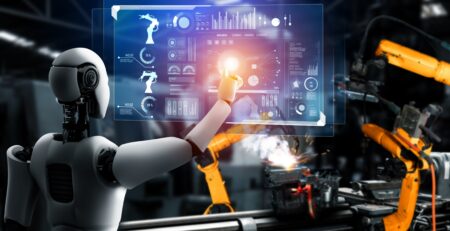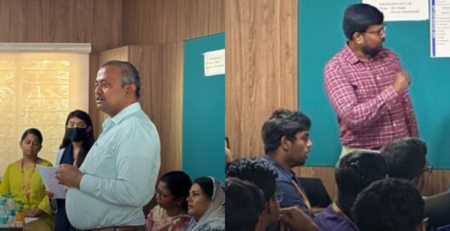The Science of Prediction
In the present scenario where Computational physics and Numerical methods have seeped into all strata globally, the roles a Simulation Engineer plays are numerous and the responsibility enthroned on him is challenging.
Simulation Engineer alias Foreteller
Though the caption appears a little funny, the work of a Simulation engineer, a weather forecaster or an economist, all comes under the same job title ‘Foreteller’. What distinguishes a Simulation engineer is that his predictions will be scrutinized terribly by his geeky audience unlike the predictions made by others, for that matter a bad weather forecast is soon forgotten unless it misses to predict a Tsunami or hurricane. But the case is different for a Simulation engineer; a minor flaw in prediction can have enormous adverse outcomes.
Simulation Engineer alias Surgeon
To make the situation worse if the prediction done is for a novel implant design or surgery in humans, the results have equal chances to prove it a life saving or a life threatening one. In Medical field, when a Simulation engineer deals with a virtual surgery no less is his duty from that of a Surgeon in real. He is supposed to set up a realistic model without limiting the economic and practical constraints. He is expected to minimize even the minute errors.
The Fear Game
Many for sure would have reconsidered their career idea from becoming a Surgeon to their next priority in list because of the fear of committing mistakes in surgery that can cost life. Weird is the situation when such an escapist get to become a Biomedical Simulation engineer! He is expected to take up the challenge and endure the fear, whether he likes it or not. Both Simulation engineer and Surgeon play with cells; while the former is specialist of computational cells, the latter is of living human cells. Either task is equally difficult in diverse aspects.
Difficult but never Impossible
Prediction is undoubtedly a tough job, especially if it’s about the future, but never Impossible. With a vivid understanding about the complexity of the system, its underlying science partnered with a no-compromise urge to perfection shall get the job done. As the saying goes ‘Well begun is half done’, if one could solve the problem in his head even before setting up his model he can take it for granted that his work is half done.
Though a perfect prediction is still an ideal case and is likely to remain so, one could always improve his prediction accuracy through continuous critical review and assessment.
Perfection is not attainable, but if we chase perfection we can catch excellence.






